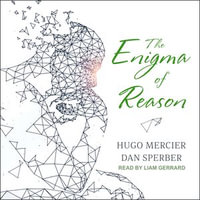Humanism is a philosophical and ethical stance that emphasizes the value and agency of human beings, individually and collectively. At its core, humanism advocates for the belief that humans are capable of leading meaningful lives based on reason, ethics, and justice. It is grounded in the understanding that humans have the capacity for rational thought, empathy, and creativity, which are fundamental to the flourishing of individuals and societies.
The roots of humanism can be traced back to the classical civilizations of Greece and Rome, where the focus was on human potential and the pursuit of knowledge. However, it gained significant momentum during the Renaissance, a period marked by a renewed interest in classical antiquity and a shift away from religious dogma toward human-centered exploration. Renaissance thinkers, such as Petrarch and Erasmus, championed the importance of human dignity, education, and the ability to shape one's own destiny through knowledge and reason. These principles would later influence the development of modern humanist thought.
Unlike religious philosophies that place divine beings at the center of moral order, humanism is secular in nature. It does not rely on supernatural explanations or interventions, but rather promotes the idea that humans themselves are responsible for creating meaning and morality in their lives. Humanism calls for an ethical framework based on reason, scientific inquiry, and compassion, with the goal of improving human well-being and contributing to the common good.
























